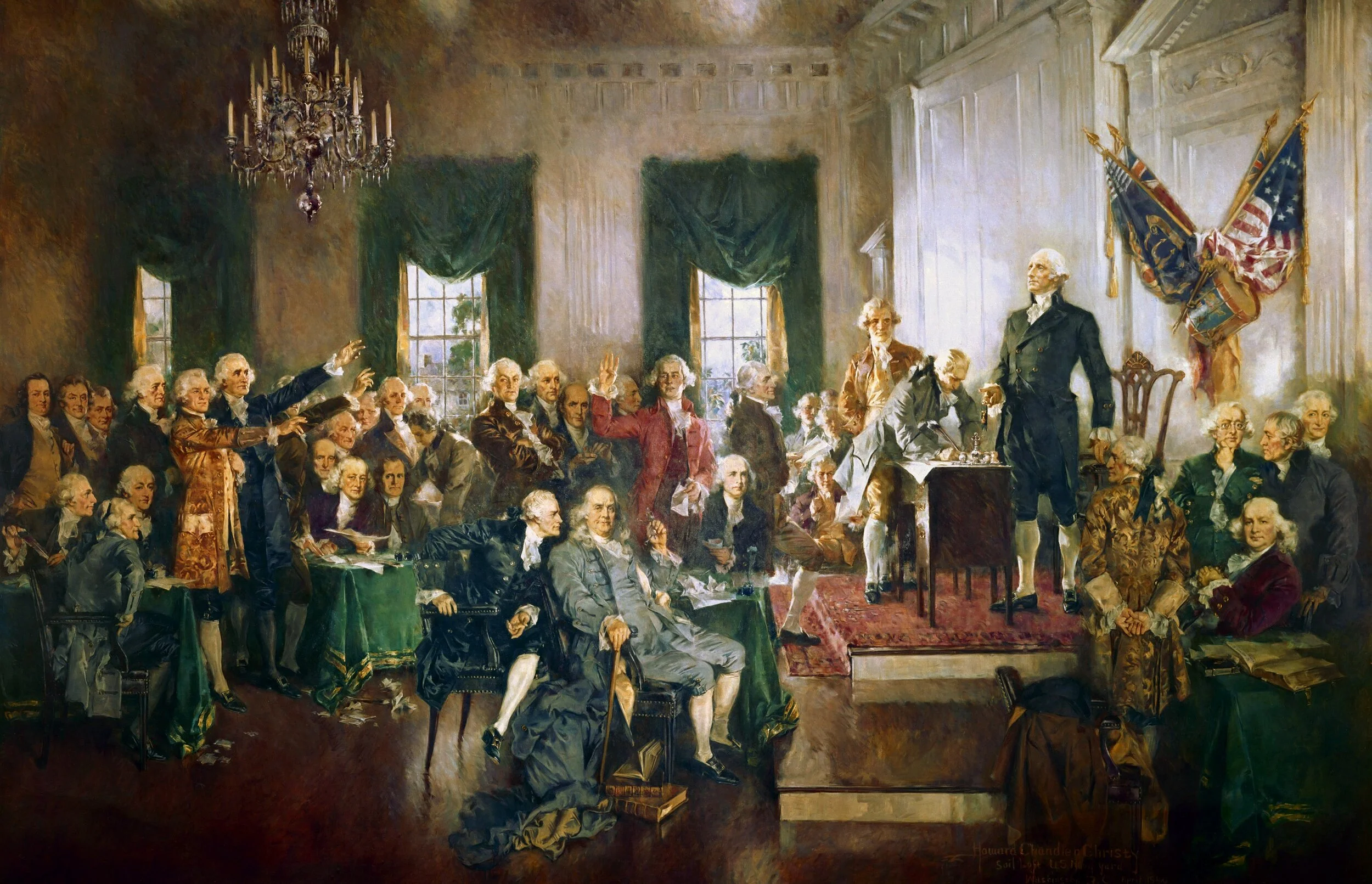The "Let's Do It Together" Citizen
/The participatory citizen joins in and gets involved. Where the self-reliant or “Do it myself” citizen emphasizes individual actions and choices, participatory citizenship looks for ways to join in community actions. Here’s scholars Joel Westheimer and Joseph Kahne:
Good citizens are those who actively participate in the civic affairs and the social life of the community at the local, state or national level. Proponents of this vision emphasize preparing students to engage in the collective, community-based efforts.
Educational programs designed to support the development of participatory citizens focus on teaching students how government and community-based organizations work and training them to plan and participate in organized efforts to care for people in need or, for example, to guide school policies.
To be a good citizen, Westheimer and Kahne say you need to know the names and operations of the government and nonprofit agencies in your community. You have to know clearly what each agency does. You need to know how to complain effectively and how to contribute.
Louis XIV, by Mignard
Every reasonable person believes citizens should play an active role in their community and society. They believe they are a small but not negligible part of the nation.
Back in the 1600s, the French king Louis XIV famously said, 'L'etat c'est moi' ('I am the state'). He meant that all decisions were his alone to make, and that the goal of all those decisions was the glory of his own reign. Everyone else existed to obey him. France was his, to use for his own purposes. In the painting by Mignard, Louis is seen being crowned by an angel from heaven.
Today, not many would agree that nations exist only for the sake of the ruler. (North Koreans, but not many others.) Today, the relationship runs both directions. Government should work for all citizens; citizens have a duty to support the nation.
Part of what ails America is the hostile detachment of government from the people. In a healthy republic, the people would feel that “The government is us. The government makes roads and school and hospitals so I can use them.” Citizens would be aware of the many complex but banal issues — land drainage, water purification, electric power, solid waste management — that government takes care of so citizens needn’t think about them.
America in the early 21st century is not a healthy republic and few people think favorably of government. Too many Americans get their news from national sources and don’t understand the services that state and local governments provide. They are detached from opportunities to join and serve in their communities. Citizens don’t volunteer or engage with public affairs because they don’t see a role for themselves. Others stay on the sidelines because they see public affairs as dirty, even shameful. But there is no substitute for “Let’s do it together.”
Government “of the people, by the people, and for the people” has never really been achieved. But it remains a possibility and a worthy goal.
Think:
What community programs or services have you participated in?
What is the difference between a community program and a private one?









